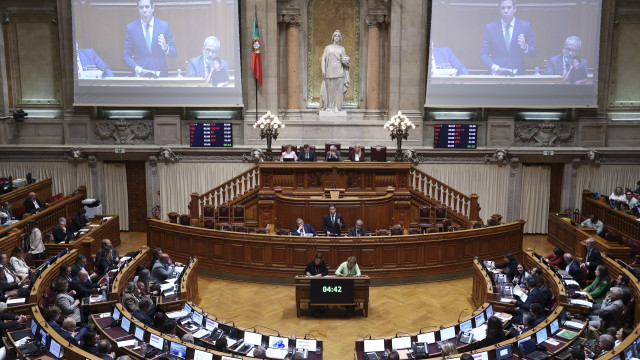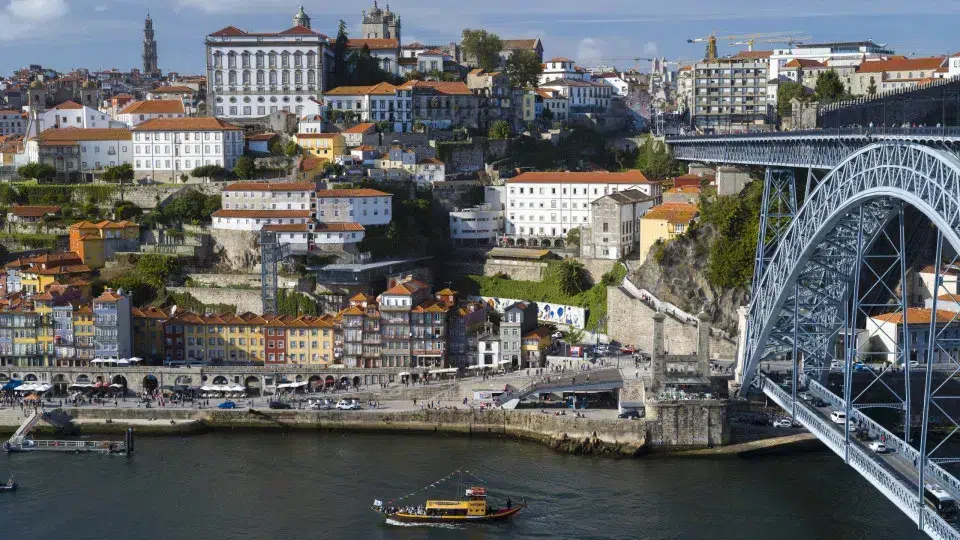The Prime Minister, Luís Montenegro, assured on Friday that the President of Brazil, Lula da Silva, did not express any “discomfort” regarding the approval of the Nationality Law, while highlighting that “the Brazilian community currently holds significant importance in the Portuguese economy.”
“No, not at all. The context was not of discomfort; it was of clarification, which I think is useful. The way some news appears and how some political agents speak about certain topics creates doubt, and in this context of an open conversation, I was able to explain the principles of the legal changes we are promoting and the effect this has from the perspective of Portugal’s interest, but also, and above all, from the individual interest of people,” responded the head of the Government, speaking to the press on the sidelines of the United Nations Climate Change Conference 2025 (COP30).
Montenegro further emphasized that “the Brazilian community currently has very significant importance in the Portuguese economy” and is “very well integrated.”
“There is no problem with the Brazilian community in general. Obviously, all communities have their focal points, and we are attentive to that,” he added.
The official also stressed that the governments of the two countries have “an excellent relationship,” along with “very close monitoring of the communities, both the Brazilian community in Portugal and the Portuguese community in Brazil.”
“It is perhaps necessary to give a word of greater reassurance to those Brazilians who may be interested in building their life projects in Portugal, to tell them that we are an open country that will welcome them if these projects are based on the labor market and the capacity for full integration, particularly in terms of the education system, access to health, etc.,” he concluded.
What is at stake?
The changes to the Nationality Law, originating from a government proposal, were approved in the final global vote by PSD/CDS, Chega, and IL on October 28, surpassing the required absolute majority threshold of 116 out of 230 deputies.
The final version of the proposal stipulates that nationality can only be obtained after ten years of legal residence in Portugal, with the period reduced to seven years for citizens of Portuguese-speaking countries and the European Union.
Among other changes, there will be a new requirement for applicants to demonstrate knowledge of the Portuguese language, culture, history, and national symbols through “test or certificate.”
More consensually, although opposed by Livre, was the condition imposed on nationality applicants not to have been convicted, with a final decision, to “a prison sentence of two years or more.”

The changes to the Nationality Law, proposed by the Government, were approved today in the final global vote by PSD/CDS, Chega, and IL, surpassing the required absolute majority threshold, 116 out of 230 deputies.
In the specialty phase, PSD and CDS introduced an addition to the conditions for accessing nationality, relating to guarantees of means of subsistence for those residing in national territory—an addition that PS described as “a concession to Chega” and that led Pedro Delgado Alves to warn of “risks of injustice.”
Also opposing PS, children born in Portugal will only have nationality if “one of the parents has legally resided in national territory for at least five years”—another measure supported by Chega.
On the other hand, following a proposal from the PSD/CDS Government, the naturalization of those born in Portugal to foreigners illegally in the country will end. In the current law, naturalization is open to “children of foreigners, regardless of status.”
Regarding the rules for regulating the future law, the socialists’ demand to open a transition period until March of the following year was rejected by the government’s parties.
The diploma that emerged from the specialty phase stipulates that the new law will come into effect the day after its publication.




